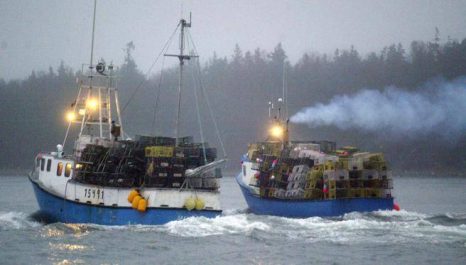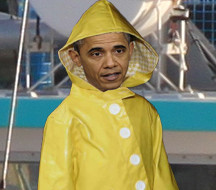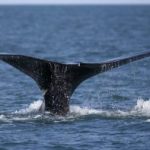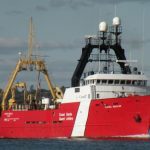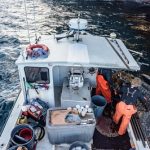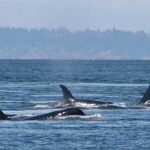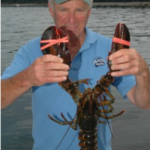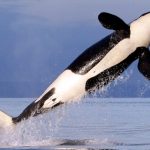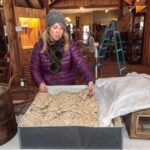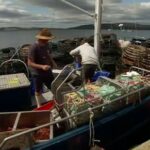Tag Archives: Marine Protected Areas (MPAs)
Jersey fishing community ‘fearful’ over proposed marine plans
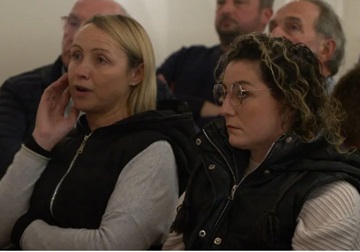
Nathalie Porritt and Gabby Mason say they fear for the future of dredging and trawling boats if proposed plans are implemented
Seven fishing boats in Jersey could be out of business “overnight” if a recommended plan is implemented, members of the fishing community say. The draft Marine Spatial Plan was published in October to recommend ways of protecting the island’s marine environment. Changes to the way the fishing industry could work were made in it, including over the use of boats with mobile gear. Deputy Jonathan Renouf said the plan could “help the fishing industry”. Members of the fishing community came together at a public drop-in session on Thursday to voice their issues. Nathalie Porritt, a fishing merchant at Aquamar Fisheries, said the proposed areas would particularly affect the scallop industry. >>click to read<< 09:49
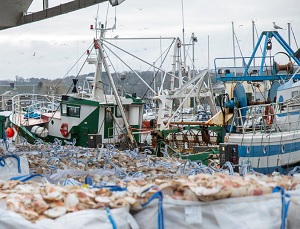
Fines to rogue fishermen fall and illegal fishing escapes prosecution, environmentalists claim
Concerns have been raised recently that fishermen are increasingly involved in illegal scallop dredging and prawn trawling to supply a black market in seafood, at the expense of Scotland’s marine environment.,,, Environmentalists claim that the Scottish Government is not treating damage to MPAs by boats as “serious crimes”. They have accused the official body tasked with protecting seas, Marine Scotland, of failing to take tough enforcement action against skippers breaking the law. >click to read< 13:54
Daily Astorian Editorial: Marine areas: Protection or fishing limitation?
Fishermen tend to be a bit like old-fashioned gold prospectors – they resent any limitations on where they can practice their trade, even if they have no intention of actually ever venturing out into that enticing potential area located somewhere over the far horizon. So there is bound to be some local grumbling about President Obama’s move,,, Read more here 19:29
South Atlantic Fishery Management Council to discuss closing Georgetown Hole, other areas, to fishing

Murrells Inlet seafood dealer Chris Conklin will be sworn as a new member of the South Atlantic Fishery Management Council at the start of the council’s meeting on Monday and will immediately find himself embroiled in what promises to be an intense discussion on the proposed establishment of more Marine Protected Areas (MPAs) off the South Atlantic coast. The impact on South Carolina fishermen – both recreational and commercial – could be significant if all the proposed MPAs are approved, and the council is being urged to do just that by at least one environmental group, the PEW Charitable Trusts. more@myrtlebeachonline 00:26






